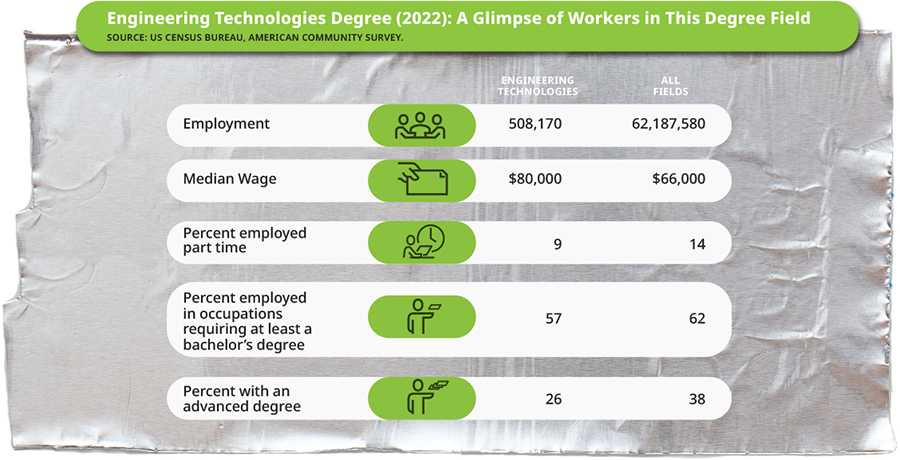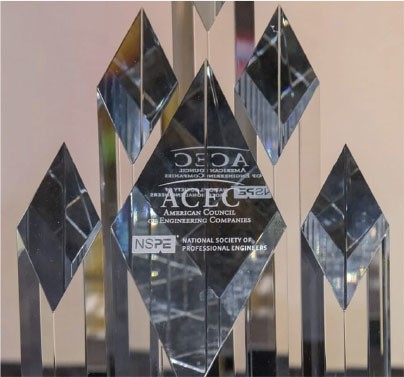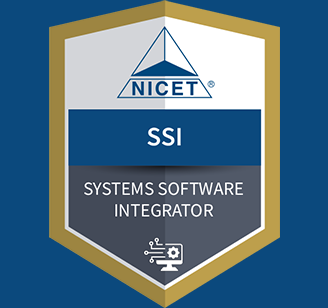April 2014
PE REPORT
Report Calls for More Research Into Integrated STEM Education
While finding integrated K–12 science, technology, engineering, and math education has the potential to yield positive results, a new report by the National Academy of Engineering and the National Research Council also finds more rigorous research is necessary to determine whether it should replace K–12 education focused on individual STEM subjects.
Despite saying current research needs to be interpreted cautiously for a number of reasons, including but not limited to the small number of studies and generally small sample sizes, the report is careful not to discourage connecting STEM disciplines in K–12 education. In fact, the report explicitly encourages the design, implementation, and study of integrated STEM education programs.
“STEM disciplines are vital for a thriving economy and provide a foundation for successful employment, but in K–12 education, most STEM teaching and learning focuses on science or mathematics, while comparatively little attention has been paid to technology and engineering,” says New York Hall of Science President and CEO Margaret Honey, chair of the committee that wrote the report. “In addition, K–12 STEM standards and assessments have tended to focus on the individual subjects, which, for the most part, have been taught in isolation. So, the potential for fostering the natural connections among the four STEM subjects for the benefit of students is exciting.”
Cognitive psychology, learning sciences, and educational psychology findings of the report suggest disciplinary integration can have both positive and negative effects. So the report also calls for research to include studies into determining the conditions most likely to generate positive results, such as greater student retention and achievement, improved college-readiness skills, and increased interest in pursuing a STEM-related career.
Integration can support an individual’s ability to transfer understanding to new or unfamiliar situations because the basic qualities of cognition favor connected concepts, but integration can also impede learning because it can place high demands on resource-limited cognitive processes, such as attention and working memory.
The report goes on to suggest federal agencies such as the Department of Education and the National Science Foundation should support assessments appropriate to measuring the various learning and affective outcomes of integrated STEM education, and presents a descriptive framework for a common perspective and vocabulary for identifying, discussing, and investigating integrated STEM education.
The report also points out that the expertise of educators is important if disciplinary connections are to be made, so additional training to prepare classroom and after-/out-of-school educators is needed.
Regardless of the outcome of any future research, the report says knowledge in individual STEM disciplines must continue to be supported because connecting ideas across disciplines would be challenging if students have little or no understanding of the individual disciplines. Additionally, students do not always or naturally use their disciplinary knowledge in integrated contexts.


 Volunteering at NSPE is a great opportunity to grow your professional network and connect with other leaders in the field.
Volunteering at NSPE is a great opportunity to grow your professional network and connect with other leaders in the field. The National Society of Professional Engineers (NSPE) encourages you to explore the resources to cast your vote on election day:
The National Society of Professional Engineers (NSPE) encourages you to explore the resources to cast your vote on election day:










